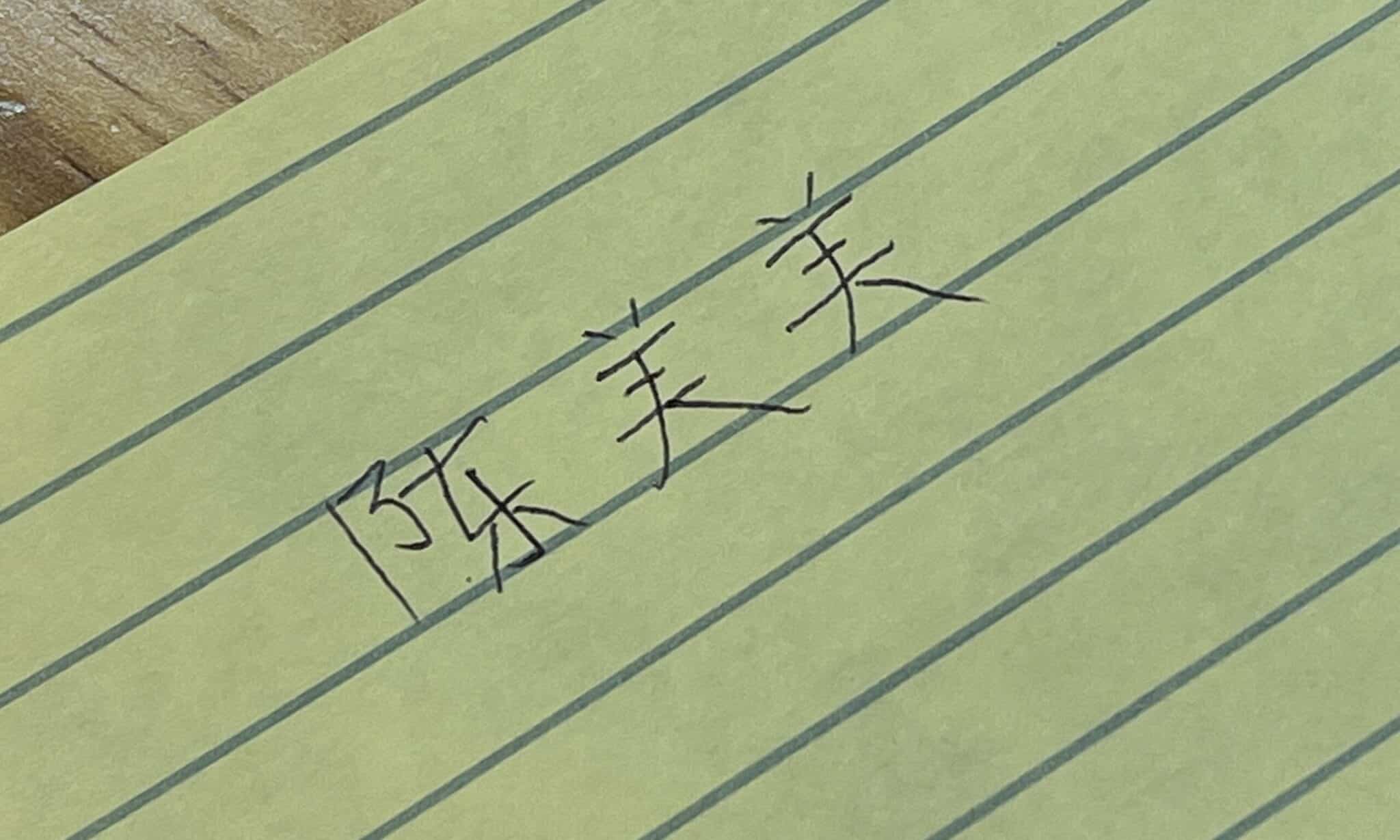THE Chinese community in the Philippines is very big. Sometimes it is hard to trace where the surname of other Chineses families came from because some of the early generation who landed in the Philippines brought their surnames and mixed it with Filipino surnames.
Among the common Chinese surnames that are often seen in the country are Tan 陈, Lim 林 and Yap 葉. But there is so much more.
In fact, according to Forebears, a genealogy portal, Tan 陈 is the fifth most common surname in China and also among most common Chinese surnames in the Philippines.
While most Chinese family names only have one syllable, some have more than one. Often, many are surprised to learn that these longer surnames have a Chinese heritage.
Guanzon
“–Son” ending Chinese surnames in the Philippines could translate as 孫 “grandson”; Guanzon could mean 外孙 “grandson from a daughter.”
Dizon
“Di” is number two in Hokkien. Thus, Dizon literally means “second grandson” 二孙.
Some celebrities who have this as their family name are: Charlie Dizon, Sunshine Dizon and Mylene Dizon.
Samson
When counting numbers in Hokkien, next to “di” 二 is “sa” 三, the number three which makes Samson mean “third grandson.”
Some personalities with this surname are Christine Samson and Miko Samson.
Quizon
Commonly misinterpreted as having Spanish origin, but it really has Chinese Origins, according to the genealogy portal.
Quizon is a popular surname in the Philippines and one of the most famous to have this surname is the late comedian Dolphy, or Rodolfo Quizon in real life.
Lacson
Lac 六, when you translate it to Hokkien, is six. Lacson is written as 六孫 which means “sixth grandson.”
One well known personality with this surname is former Senator Panfilo “Ping” Lacson.
Cojuangco
It is commonly heard in the Philippines, especially since this is the family name of one of the former presidents of the Philippines, Corazon Cojuangco-Aquino.
Its translation in Chinese is “to allow, to promise, to praise, something alike.”
How useful was this post?
Click on a star to rate it!
Average rating 0 / 5. Vote count: 0
No votes so far! Be the first to rate this post.
We are sorry that this post was not useful for you!
Let us improve this post!
Tell us how we can improve this post?








